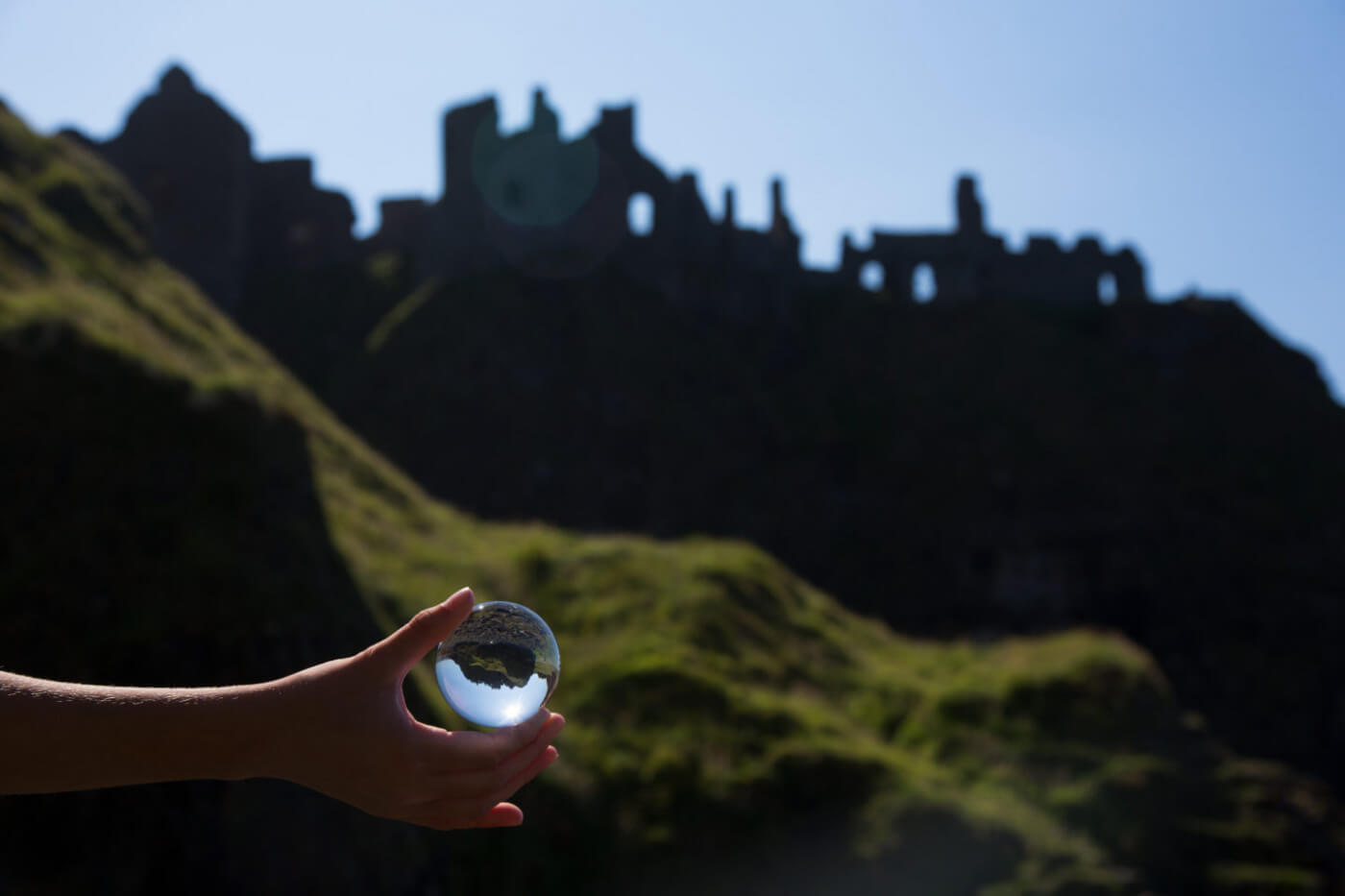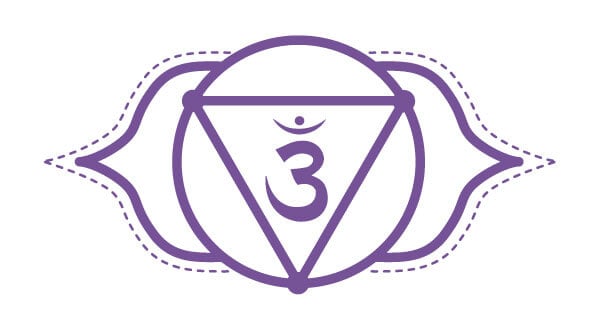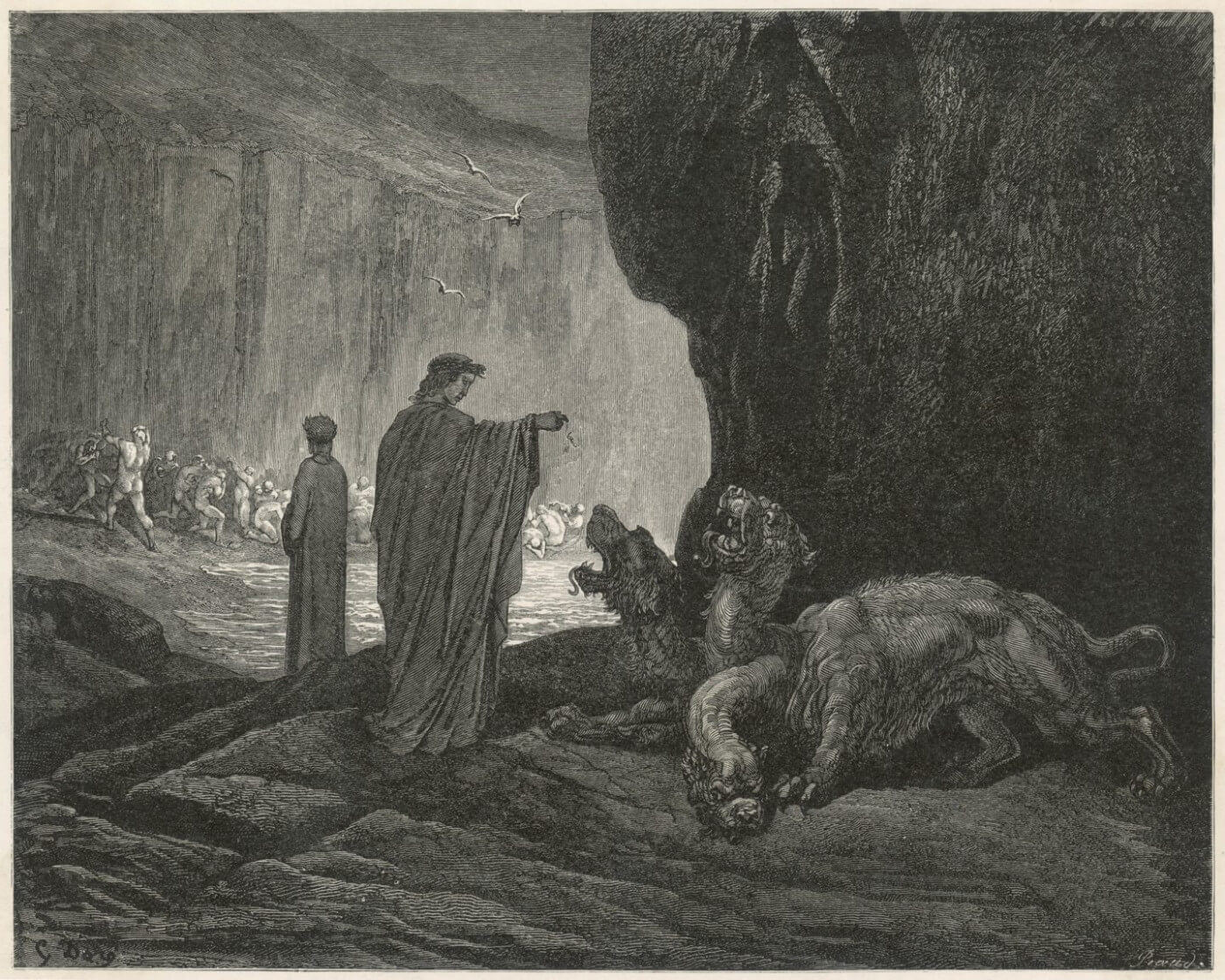Our story, dear reader, begins in ancient Pre-Christian Ireland—marked by that fated day the tribe of the Goddess Danu—the Tuatha de Danann—stepped foot on Irish land.
They say the Tuatha arrived under the cloak of blackened mists—their boats carving their path all the way to the shores of Connaught, Ireland.
Where these people came from, nobody knows. Some say they were the children of Gods, and others, the cast-out descendants of ancient Irish folk.
Though their origins remain a mystery, their arrival in Ireland caused quite a stir. For once the tribe reached the Irish shores, it is said that they burned every one of their ships (to ensure that they would truly settle on these lands), but the smoke from this fire caused a darkness so great that it filled the skies for three days and three nights.
And this? Well, this drew an unkind attention towards the Tuatha.
Now, it’s important to know that the Tuatha de Danann were no ordinary people. They were considered to be great God-like beings—souls of supernatural ability with gifts in magic, sciences, and poetry taught to them by the Goddess Danu herself.
The great billowing smoke that marked the arrival of the Tuatha was an even greater surprise to the current settlers and rulers of Ireland. And they were not a people that enjoyed surprises.
The current rulers were known as the Firbolgs—a very human race of ancient Irish folk who had quite the reputation for stirring discord. This, of course, meant that upon hearing of the arrival of the Tuatha, the Firbolgs marched straight to Connaught to deal with this disruption personally.
Now, the Firbolgs were no match for the great supernatural prowess of the Tuatha, and so, found themselves on the losing end of their battle. But the Tuatha, out of a deep respect for the Firbolgs who came before them, allowed the original rulers to keep the land of Connaught—while the Tuatha would stake claim to the rest of Ireland.
Not all would agree with this new change in leadership. One tribe in particular, the people known as the Milesians, would flee the country in search of new land rather than live under the rule of the foreign Tuatha.
But with the Tuatha de Danann now the reigning Irish rulers, a deeper culture of magic and wisdom swept the lands. It is said that they passed on their skills and traditions to the native peoples of Ireland—inviting them into their wise and magical ways.
Armed with their four treasures—the Stone of Fal, the Spear of Lugh, the Sword of Light, and the Cauldron of the Dagda—the Tuatha ensured Ireland was a protected land—one both intimidating and cloaked from outside eyes.
And this is how it was for hundreds of years. The Tuatha continued to rule over and serve the people of Ireland faithfully—and entirely unchallenged.
Which is why when the Milesians returned to take back the lands they had left, the Tuatha were surprised and woefully unprepared.
This, many say, is why they were defeated in battle.
Now, some say that the Tuatha never fought the Milesians at all—with their gifted oracles and seers foretelling their inevitable loss, the Tuatha ran off into the Irish countryside before a single sword could ever be drawn.
While others say that they did gather their arms and fight—but when they saw that great loss looming over their heads, they ran off under the cloak of night.
But no matter how it happened, the end result was still the same: the Tuatha lost the battle, and the Milesians reclaimed their native land.
Now, it’s important to know, dear reader, that the Tuatha were neither killed nor did they ever leave Ireland. For you see, the stories say that the Tuatha ran into the woods and the hills—living in underground kingdoms that they built many years ago—vowing to stay hidden and to never again live among the humans.
And it is because of this—because the Tuatha were the magical folk that lived in those in-between places—that they later inspired the name of “faery”. Becoming those magical earthen beings we all know so well today.
And this, dear reader, is where our story ends.
While the Tuatha de Danann reign no more, their stories and magic live on in the tales of faery folk and sidhe that still echo through the Irish lands. And it is said that much of their magic and ability was distilled into the ancient mystic traditions that are still carried on even to this day.










